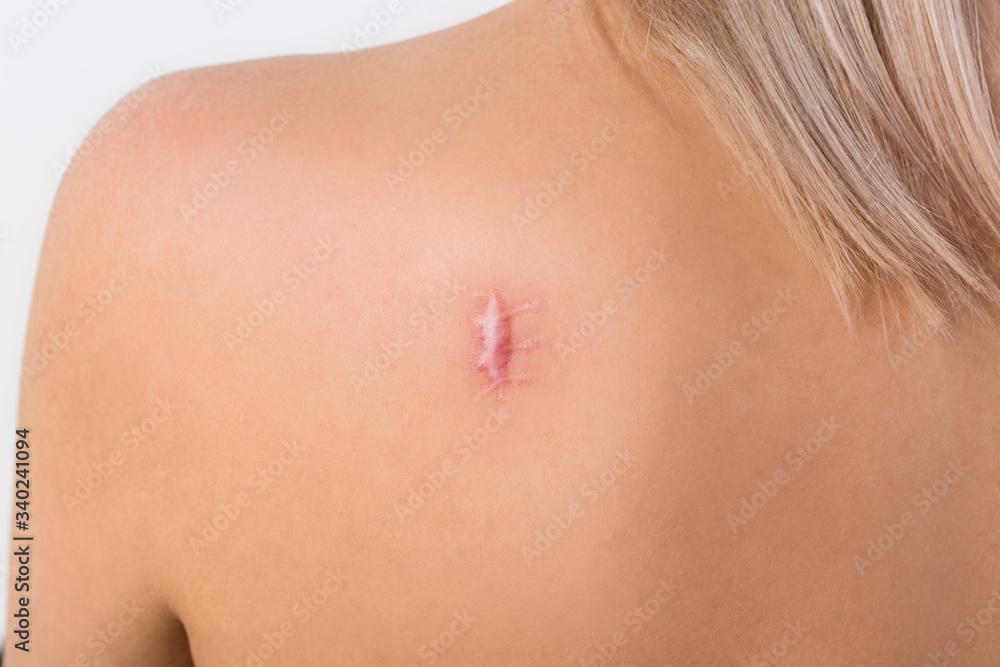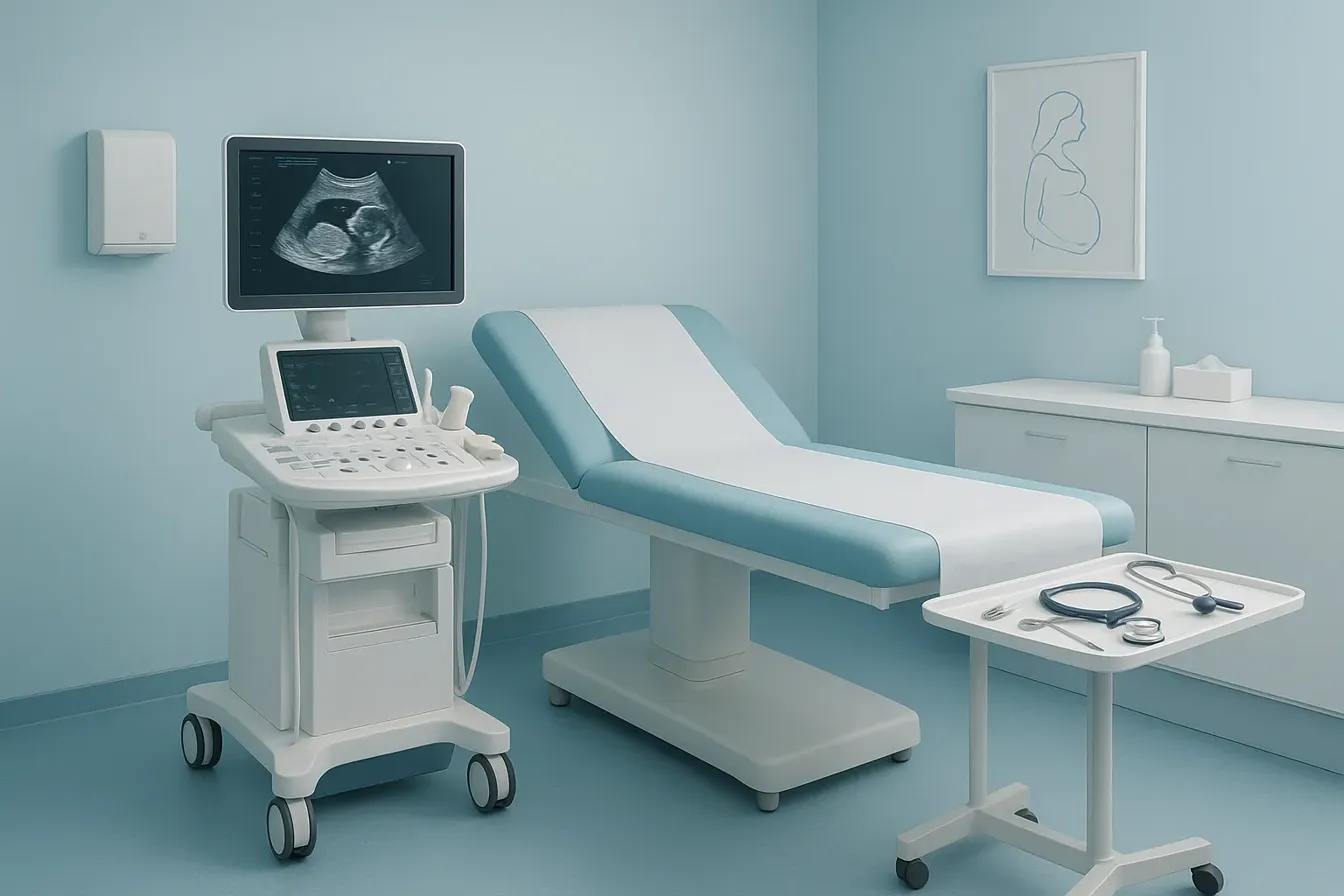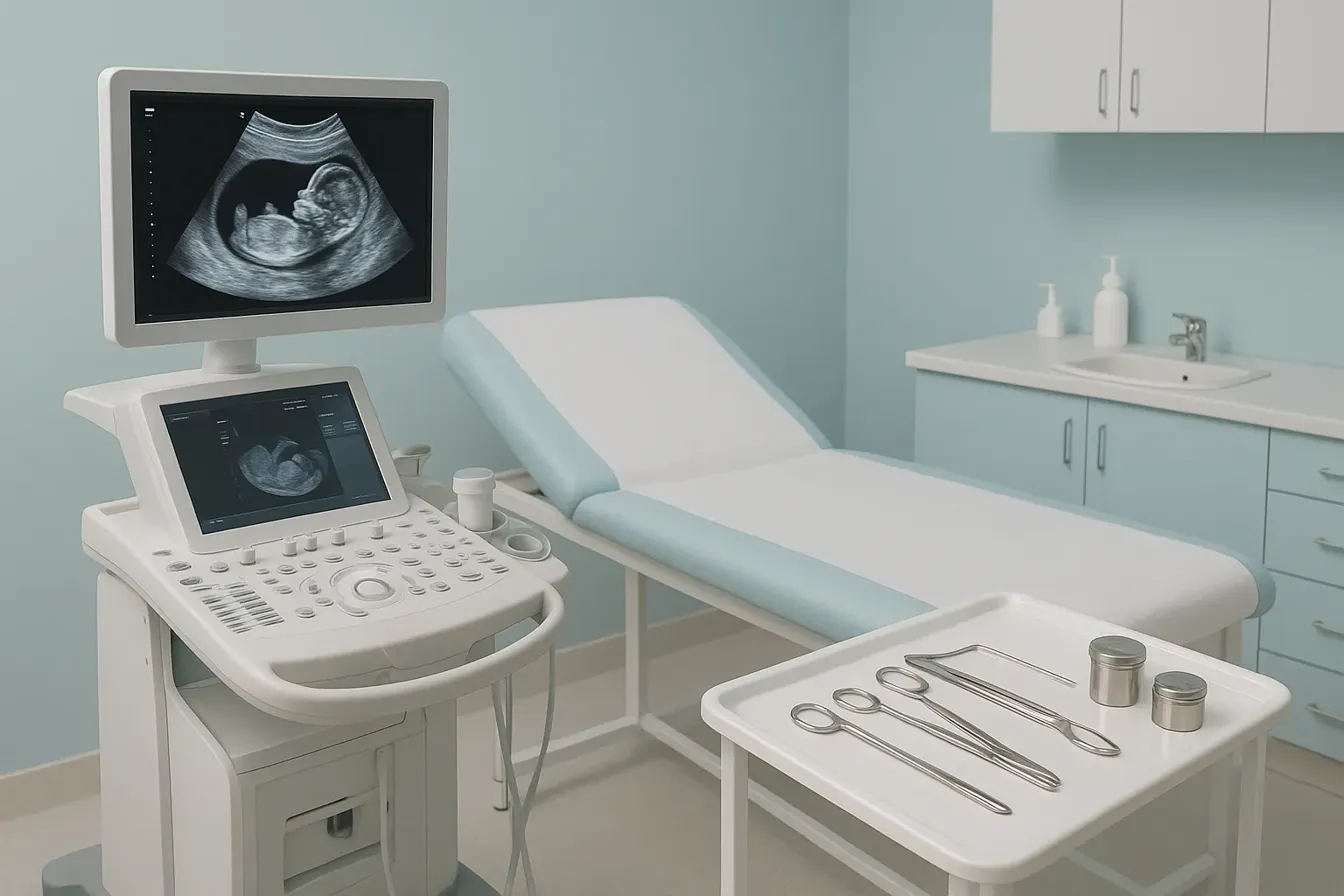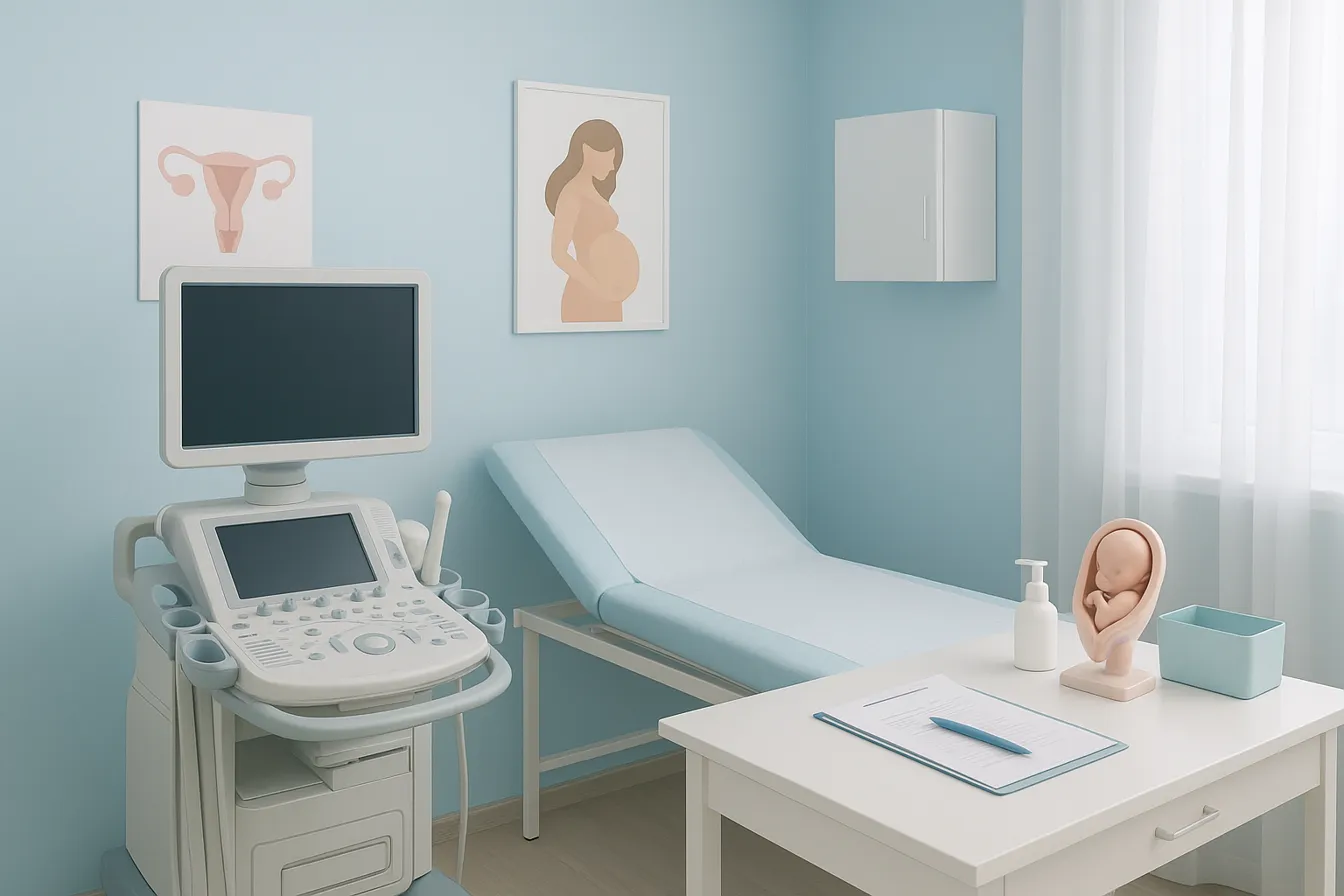Enhancing Pregnancy Outcomes Through Tailored and Respectful Prenatal Care

Keloid scars can be a side effect of surgical procedures, including a Cesarean section (C-section). These scars can negatively affect how you feel about the appearance of your abdomen and make you self-conscious about wearing a swimsuit or clothing that shows off your midsection.
If you’re concerned about developing a keloid scar during childbirth, our experienced medical team at Raveco Medical offers solutions to lower your scar risk.
Our specialists provide comprehensive cosmetic obstetric services customized to your needs to keep your skin smooth and free of visible scars.
The root cause of keloid scars
A keloid scar is a raised area of thickened skin tissues that can develop after an injury to the skin, such as a burn, abrasion, or the incisions made during a C-section. Medical experts believe that keloid scars form when there’s dysfunction in your body’s natural wound-healing process.
Typically, your body produces extra collagen, an essential protein in healthy skin, to heal the wound. If your body produces too little collagen, your skin can form an atrophic scar, causing a sunken or indented appearance.
The production of too much collagen forms a raised keloid scar. The irregularly thick scar tissue may give your skin a shiny, lumpy appearance. Keloid scars can appear in a range of colors, including red, purple, and brown. In some cases, the scars can, be itchy and uncomfortable.
Not everyone is susceptible to developing keloid scars, but your risk factors can increase if you’re between 20 and 30 years old, have a family history of keloids, or have brown or black skin tones.
How cosmetic obstetrics prevent keloid scars
Cosmetic obstetrics is a field of health care that focuses on the aesthetic outcomes of pregnancy and childbirth. Taking a cosmetic approach, our Raveco Medical team considers the appearance of your skin when performing a C-section.
They follow a surgical plan to make smaller incisions at the thinner part of your uterus. This minimizes bleeding and noticeable scars. Any remaining skin flaws can be easily hidden by your bathing suit and underwear.
Our team also uses dissolvable stitches to close the abdominal wound. Stitches are more flexible than stables, so the wound can heal more efficiently. It’s also less likely that the wound will reopen, which can increase your risk for keloid scars.
Options for treating newly formed keloid scars
Even with preventive surgical techniques, there’s still a possibility that a keloid scar will develop over your incisions. If you notice a lump forming around the incision, our providers offer a treatment to prevent a scar from worsening.
We treat keloid scars with a series of steroid injections. Steroids help soften hardened scar tissue and decrease its size. The injectable medications also provide relief from itching, burning, and other uncomfortable sensations that keloid scars can cause.
Our providers can also recommend other strategies you can use to ensure your C-section incisions heal fully and nourish the new skin growth.
Call the Raveco Medical office in Forest Hills or Woodside, New York, today to schedule a cosmetic obstetrics consultation if you’re worried about keloid scars after a C-section. You can also book an appointment online.





.png)